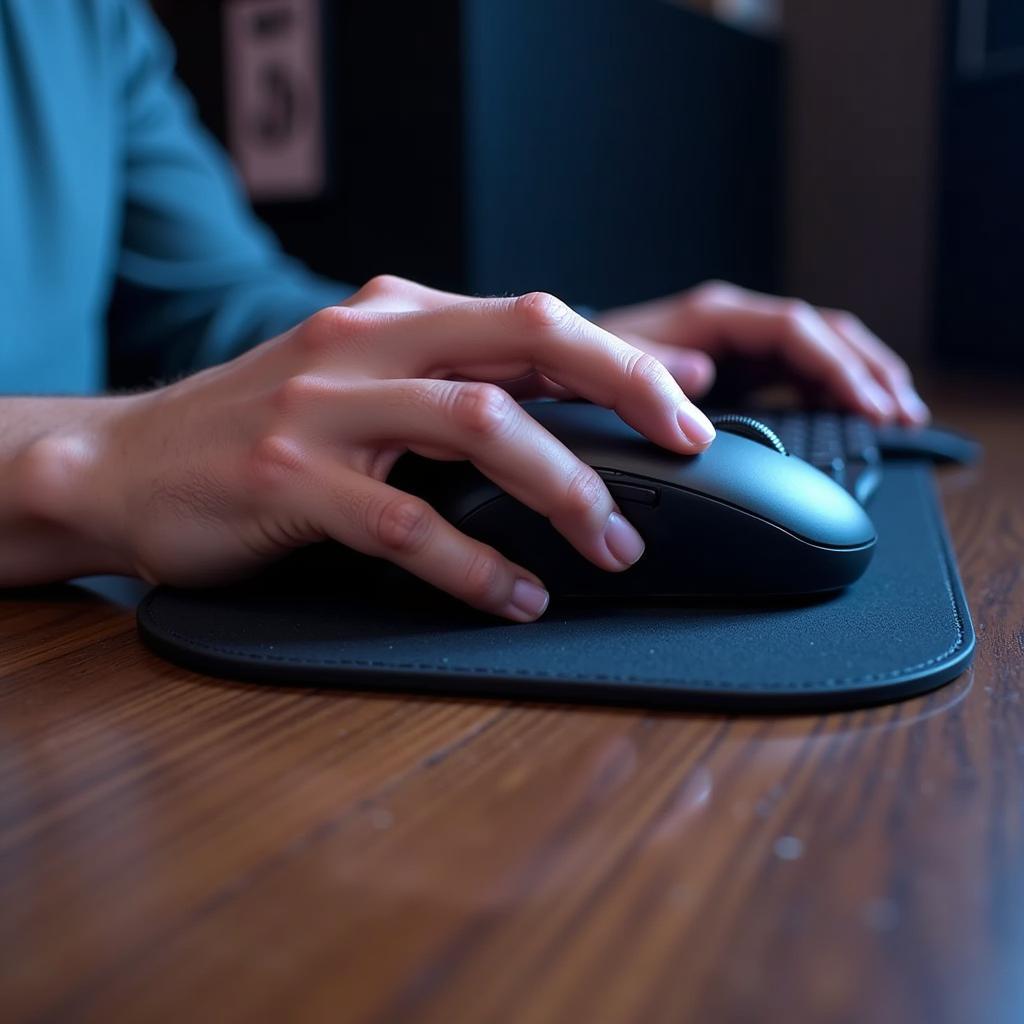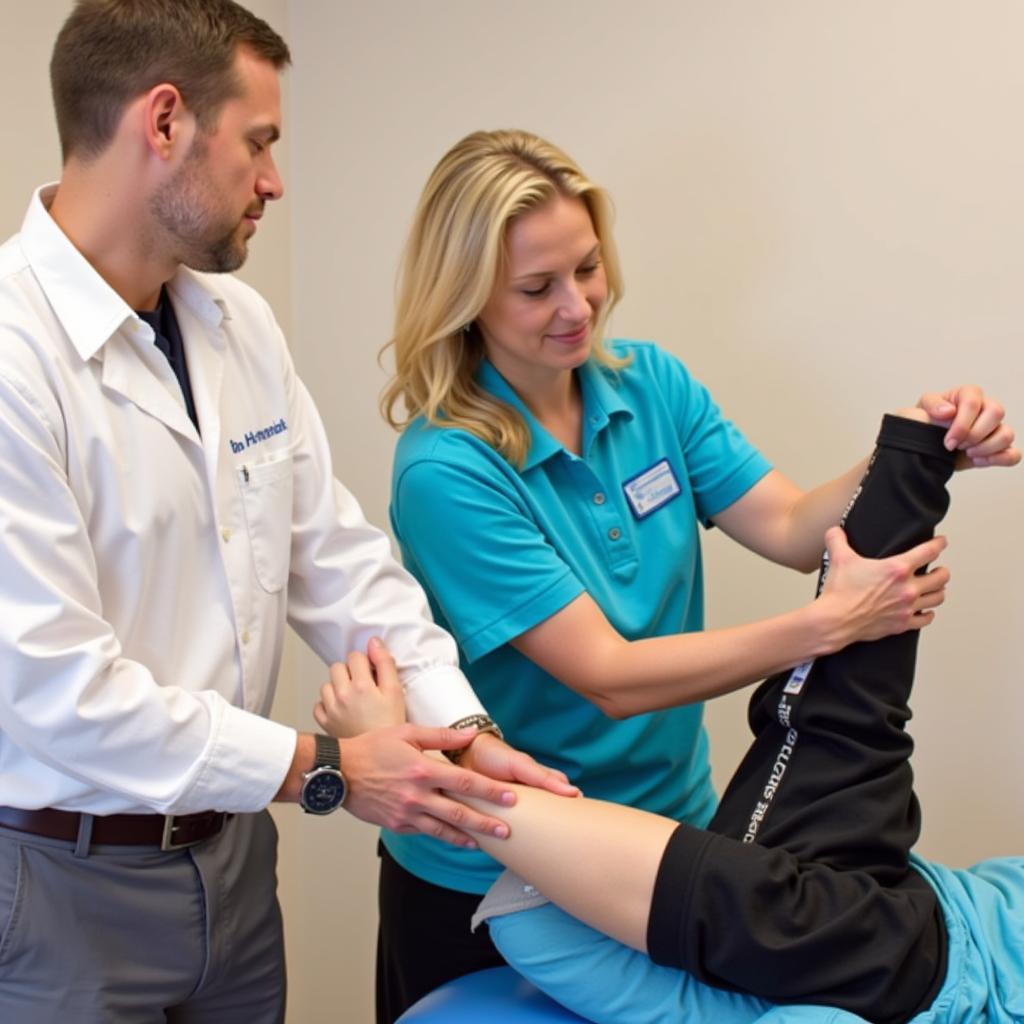Gamer Elbow: What It Is and How to Treat It
Gamer Elbow, also known as medial epicondylitis, is a condition that causes pain and tenderness on the inner side of the elbow. It’s an overuse injury, often caused by repetitive movements of the wrist and forearm, which is why it’s commonly associated with gamers.
What Causes Gamer Elbow?
The repetitive motions involved in gaming, particularly those involving a controller or mouse, can strain the muscles and tendons in the forearm that attach to the medial epicondyle, the bony bump on the inside of your elbow. This strain can lead to tiny tears and inflammation, resulting in pain and tenderness.
While gaming is a common culprit, any activity requiring repetitive wrist and hand motions can contribute to gamer elbow, including:
- Playing certain sports: Tennis, golf, and baseball
- Occupations: Carpentry, plumbing, painting, and typing
- Other hobbies: Knitting, playing musical instruments
Symptoms of Gamer Elbow
Gamer elbow typically presents with pain and tenderness on the inner side of the elbow, which may worsen with activities like gripping, twisting, or flexing the wrist. Other symptoms include:
- Stiffness in the elbow
- Numbness or tingling in the fingers, particularly the ring and little fingers
- Weakness in the hand and wrist
- Pain that radiates down the forearm
 Gamer Using Ergonomic Mouse
Gamer Using Ergonomic Mouse
Diagnosing Gamer Elbow
To diagnose gamer elbow, your doctor will likely ask about your medical history, daily activities, and any specific symptoms you’re experiencing. They’ll also physically examine your elbow, checking for tenderness, swelling, and range of motion. In some cases, they may recommend imaging tests, such as an X-ray or MRI, to rule out other conditions or assess the severity of the tendon damage.
Treatment for Gamer Elbow
The good news is that most cases of gamer elbow respond well to conservative treatment methods, which aim to reduce pain and inflammation and restore normal function to the elbow. These methods include:
- Rest: Avoiding activities that aggravate your pain is crucial for allowing the inflamed tendons to heal.
- Ice: Applying ice packs to the affected area for 15-20 minutes at a time, several times a day, can help reduce inflammation and pain.
- Compression: Wearing a compression bandage or sleeve can help support the elbow and reduce swelling.
- Medications: Over-the-counter pain relievers, such as ibuprofen or naproxen, can help manage pain and inflammation. In some cases, your doctor may prescribe stronger medications, like corticosteroids.
- Physical therapy: A physical therapist can teach you exercises to stretch and strengthen the muscles in your forearm and wrist, improving flexibility and promoting healing. They may also use other modalities like ultrasound or massage to alleviate pain and inflammation.
 Physical Therapist Assisting Patient with Elbow Exercises
Physical Therapist Assisting Patient with Elbow Exercises
Preventing Gamer Elbow
Prevention is key when it comes to gamer elbow. Here are some tips to help you avoid this condition:
- Take breaks: Avoid prolonged periods of repetitive motions. When gaming, take frequent breaks to stretch and rest your wrists and forearms.
- Use ergonomic equipment: Consider using ergonomic accessories like a vertical mouse, ergonomic keyboard, and controller grips to promote a more natural wrist position and reduce strain.
- Warm up: Before gaming or engaging in any activity involving repetitive hand motions, take a few minutes to warm up your wrists and forearms with some light stretches.
- Maintain good posture: Ensure your workstation is set up ergonomically to support good posture and reduce strain on your elbows, wrists, and hands.
Conclusion
Gamer elbow is a common condition that can cause pain and discomfort, but it’s often easily treatable with conservative measures. By understanding the causes, symptoms, and prevention strategies, you can take proactive steps to keep your elbows healthy and continue enjoying your favorite activities, whether it’s gaming, playing sports, or pursuing your hobbies.
If you suspect you may have gamer elbow, it’s essential to seek professional medical advice. Early diagnosis and treatment can help prevent the condition from worsening and ensure a quicker recovery.

